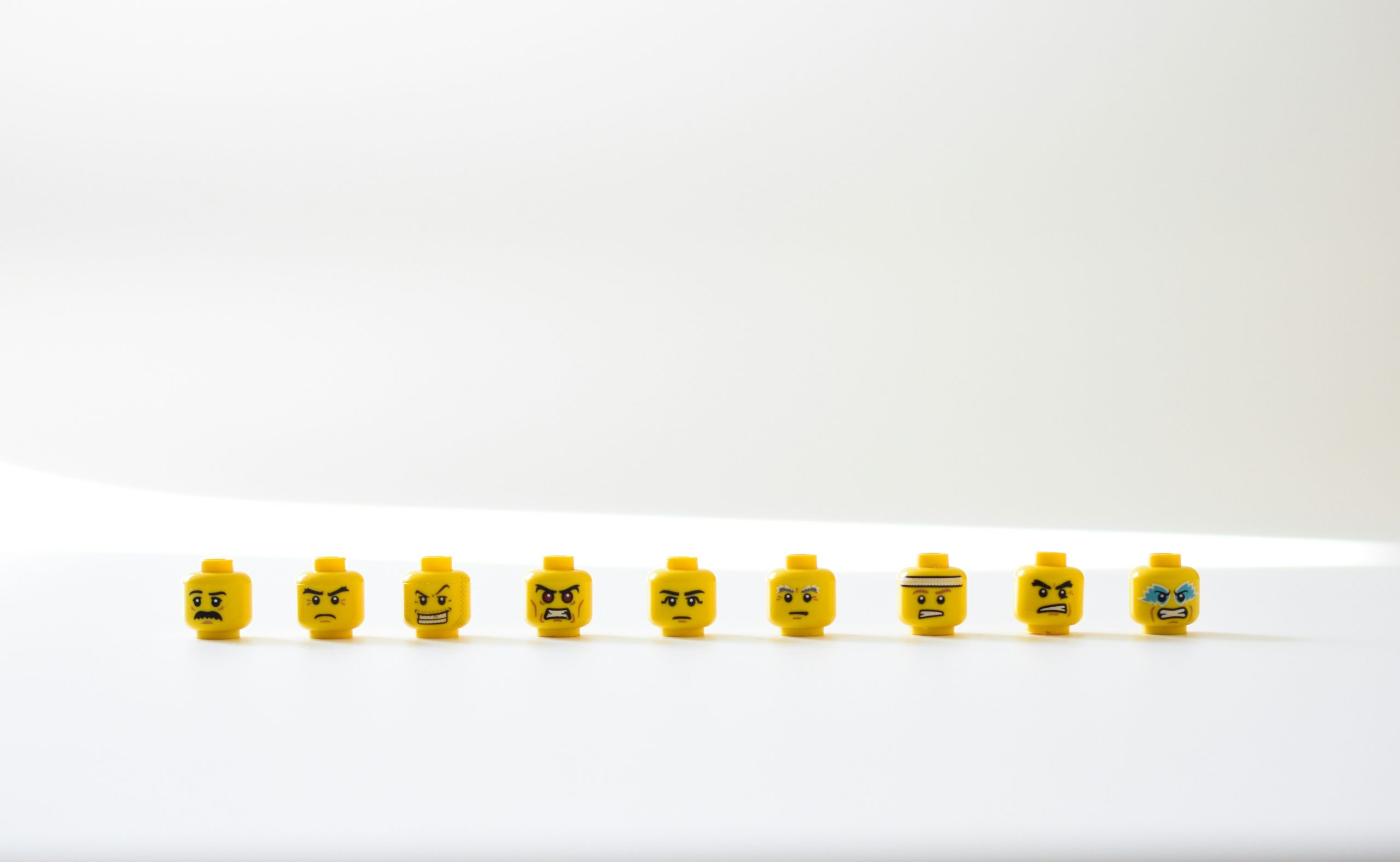Have you ever wondered why negative comments pack more of a punch than positive ones?
Have you ever noticed how negative comments tend to stick with us more than positive ones? It's like they have this uncanny ability to linger in our minds rent-free while the nice stuff breezes on by. But why does this happen? What's the deal with our brains being so obsessed with the negative?
Evolutionary Roots:
Let's return to our caveman days. Picture this: you're out in the wild, trying to avoid becoming a sabre-toothed tiger's lunch. In situations like these, being hyper-aware of potential threats was a matter of life and death. So, our brains developed this nifty little survival mechanism known as the negativity bias. It means we're wired to pay more attention to negative stuff because it might save our skin. Fast forward to today, and while we're not dodging predators anymore, our brains haven't entirely caught up, leading to an overemphasis on negativity.
Psychological Impact:
Negative comments hit us immediately, triggering emotions like anger, sadness, or fear. They're like emotional sucker punches that can be tough to shake off, especially when they feel personal. On the flip side, positive comments may give us warm fuzzies, but they often don't pack the same emotional punch.
Self-Preservation:
When we get criticised or rejected, our instinct is to protect our self-image and seek validation from others. It's like our brains go into full-on defence mode, trying to shield us from harm. This can lead to endless overthinking as we dissect every negative comment, trying to figure out where we went wrong.
Cognitive Biases:
Our brains are full of sneaky little biases that skew our perception of reality. Confirmation bias, for instance, makes us seek out information that confirms our existing beliefs, magnifying the impact of negative feedback that aligns with our insecurities. And don't even get me started on the negativity bias, which makes us pay more attention to negative stuff while brushing off the positive.
Cultural and Social Factors:
Cultural norms and societal pressures also shape our response to negative comments. In a world that values perfectionism and achievement, criticism can feel like a personal attack on our worth or competence. Plus, there's the whole social comparison thing, where we constantly measure ourselves against others and feel inadequate in the face of criticism.
So, what can we do about our innate negativity bias? Well, awareness is the first step. By understanding the psychological mechanisms at play, we can start to counteract their effects. Building resilience, practising self-compassion, and surrounding ourselves with positivity are all great ways to shift our focus away from the negative. And remember, most of the time, negative comments say more about the commenter than they do about us. So, let's rise above the negativity and focus on our growth and well-being!

